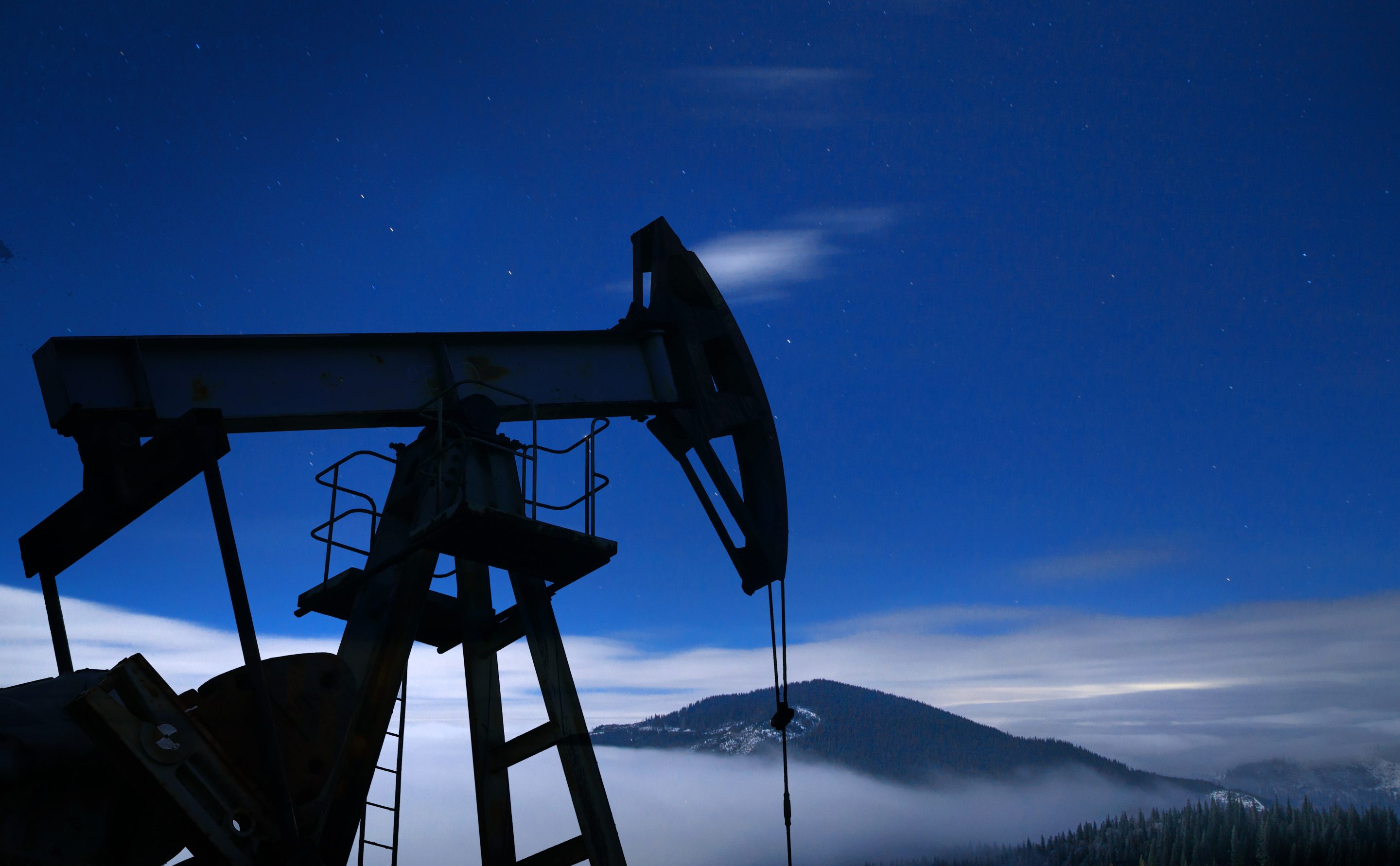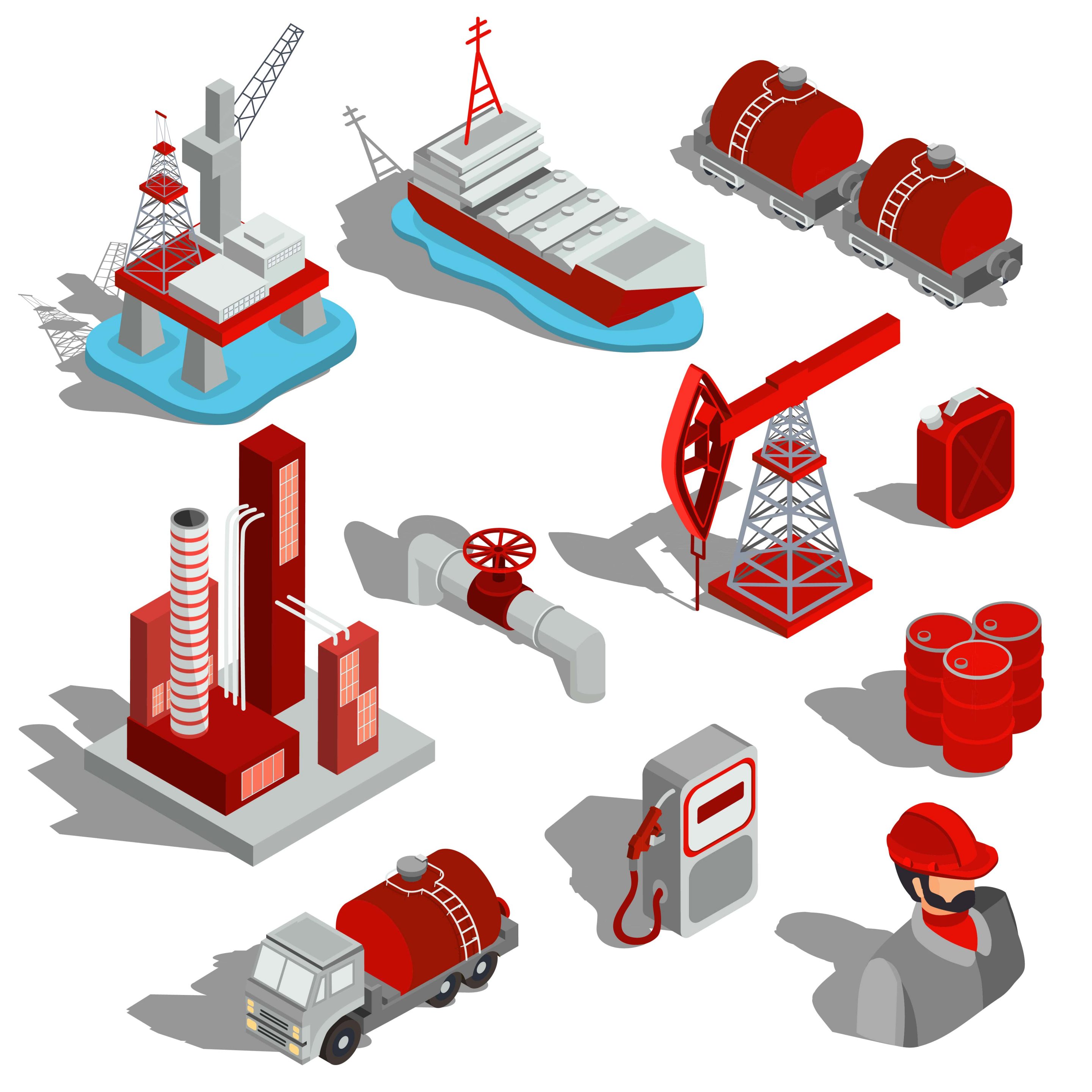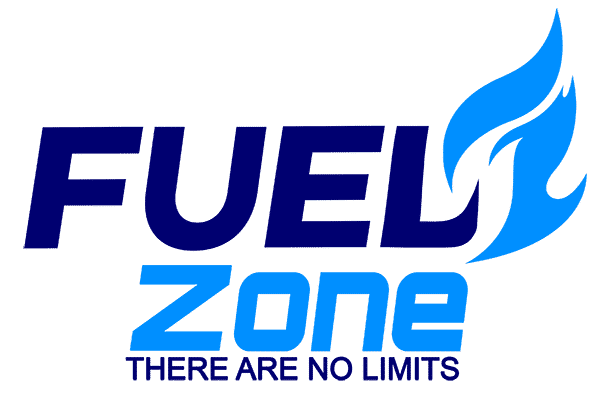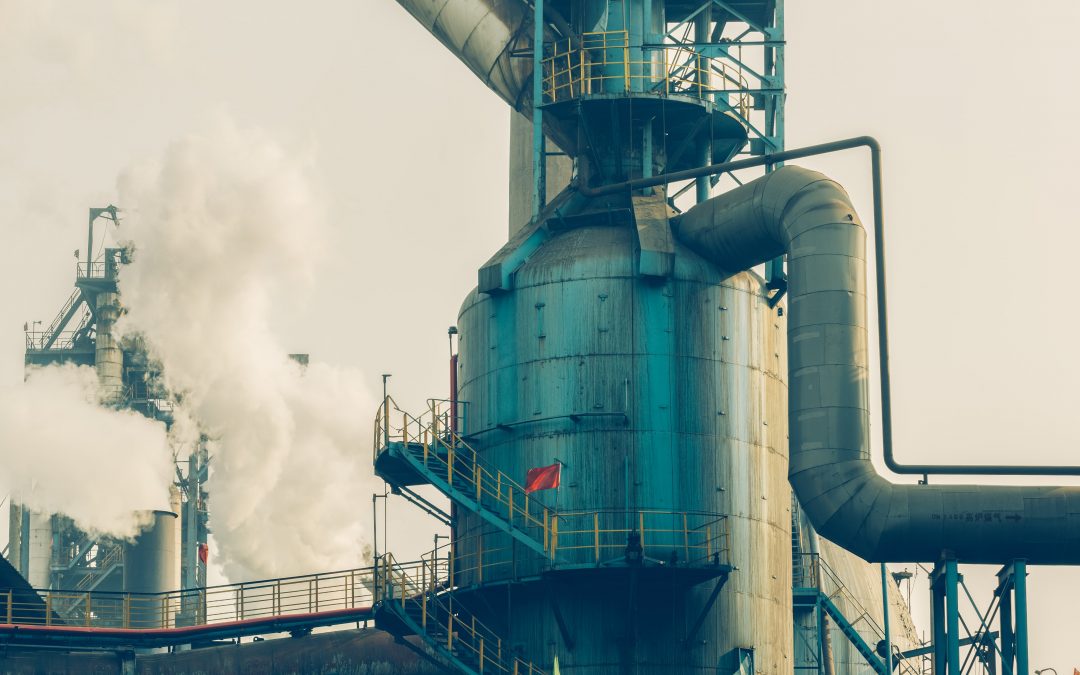Petroleum products include petrol, diesel, jet fuel, illuminating paraffin, fuel oil, bitumen and liquefied petroleum gasoline (LPG). The major liquid fuels being petrol and diesel.
Authorities regulate wholesale margins and control the retail value of petrol. South African petroleum prices are regulated, based on import parity.
In other words, the domestic worth is influenced by supply and demand worldwide. In addition, the rand/dollar is another factor to consider.
Refined petroleum merchandise is produced by the following methods:
Crude oil refining; coal-to-liquid fuels and gas-to-liquid fuels; and pure gasoline to liquid fuels.
There are six refineries throughout the nation – 4 on the coast and 2 inland.

Demand and supply
Crude oil is refined at South Africa’s 4 crude oil refineries.
Distribution
Petroleum merchandise is distributed via pipelines, rail, sea, and freeway. Moreover, there are roughly 200 depots, 4 600 service stations and 100 000 direct consumers are supplied.
Wholesaling
Fuel Zone is a wholesaler in South Africa. They operate their own storage terminals and distribute to companies throughout the country.

Retailing
There are roughly 4 600 service stations in South Africa. The petroleum enterprise was licensed for the first time in 2005. Through the Petroleum Merchandise Modification Act, 2003.
Authorities limits the number of licenses allotted. SAPIA members are attributable to this reality restricted to the only number of retail licenses.
SAPIA members do have the choice to franchise a service station to an unbiased vendor. There are stations which may be independently operated and unbranded.
Enterprise place players
An important place in the South African liquid fuel market are the authorities and its associated institutions. Along with SAPIA members.
The DOE is accountable for ensuring the safe and sustainable provision of energy for socio-economic development. By institutions just like the CEF and NERSA, the federal authorities play a significant role in the South African liquid fuels market.

